Danon Disease only affects a few people, and Andrew Lopez, one of FHC’s sophomores, is one of them. Classified as a rare disease, Danon causes both intellectual disabilities and heart failure, and after last year’s stroke he was in desperate need of a different heart. On January 2nd he was able to undergo surgery for a heart transplant—but even with that new organ, Lopez’s heart seems to remain the same. Described as the person that always lit up the room, those close to him are immeasurably grateful for who he is.
Mayra Munoz, Andrew Lopez’s aunt, had appreciated his optimism from the start.
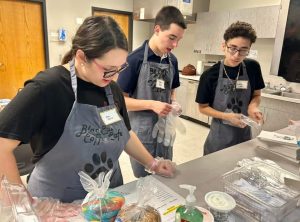
“Since the beginning, he was always so positive about everything. With all that he was going through, you would never see him down. He had a tough year—he had a stroke—but [Andrew] was like, “No matter what happens, I’m gonna be okay, you know.’ He was just so positive. Even the nurses would say, ‘There’s Andrew with the big smile.’ Just seeing everything that he’s going through and the way he handled and approached things… I think that’s his impact on me. It’s one of those things that just stuck with me,” Munoz said.
Soon after being discharged from the hospital, he was following routine as normal, with one exception: Lopez was awarded Employee of the Month at the Black Cat Coffee Cafe. All of its employees have special needs, and the Cafe trains them for future employment. To celebrate Lopez’s award and support his family after the transplant, the cafe hosted one of its pop-up events on January 25th at Ready, Train, Go at the Mid Rivers Mall. Lopez was happy to come, and the event was a massive success. Even though most attendees had never met him, they felt inspired to come after hearing about Lopez in the Cafe’s post on Facebook.
One of the three founders of the Cafe, Andrea DeGraffenreid, found great pleasure in the non-profit and what it brought to both its employees and its community, especially with a successful event like this one. The visiting crowd was so big that they ran out of seats, and the donations kept on coming. Seated visitors filled out handouts simply detailing what items were desired: ranging from chocolate muffins to bagels, from to coffee to hot chocolate. Then the Cafe’s employees, sometimes assisted by adult members, would frequent tables picking up and dropping off orders.
People like Lopez and his fellow employees help challenge the stigma around people with intellectual disabilities and special needs. The employees of the Black Cat Coffee Cafe, Lopez included, their families, and its facilitators (like Frisby) enjoy the opportunities that the Cafe’s pop-ups present.
“I feel like in this situation it shows that with the right support our crew members can be very successful in the workplace,” DeGraffenreid said. “Companies in the process of hiring can see someone [with special needs] that might actually be able to do a job. It brings me joy to see the kids understand that if they work hard and provide service to our customers, they can get paid for that. People don’t believe that they are capable of having meaningful employment or doing a job that would contribute to society sometimes.”
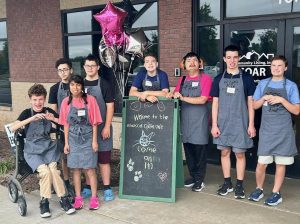
Photo courtesy of the Black Cat Coffee Cafe.
Madi Boyette, freshman in college and FHC graduate, has a brother with special needs and volunteers as a coach for the Special Olympics. Her brother and Lopez have been best friends for years, and she talks to him on the daily.
“Andrew Lopez is one of the best kids I have ever met. He texts me every morning, always checking in on me. It’s the sweetest thing. He has so much to say, and he won’t hurt a fly,” Boyette said.
As someone who had been around people with special needs for so much of her life, Boyette was grateful for their differences. In her mind, those make them better.
“A lot of people treat [people with special needs] differently, but to me they’re actually the better side of humanity. They’re so nice, and always know what they’re talking about,” Boyette said. “I definitely think that they made me a better person. They definitely make a positive impact on a lot of people. I had a lot of anger issues growing up… but they show you that just because you’re different, it doesn’t make everything bad.”





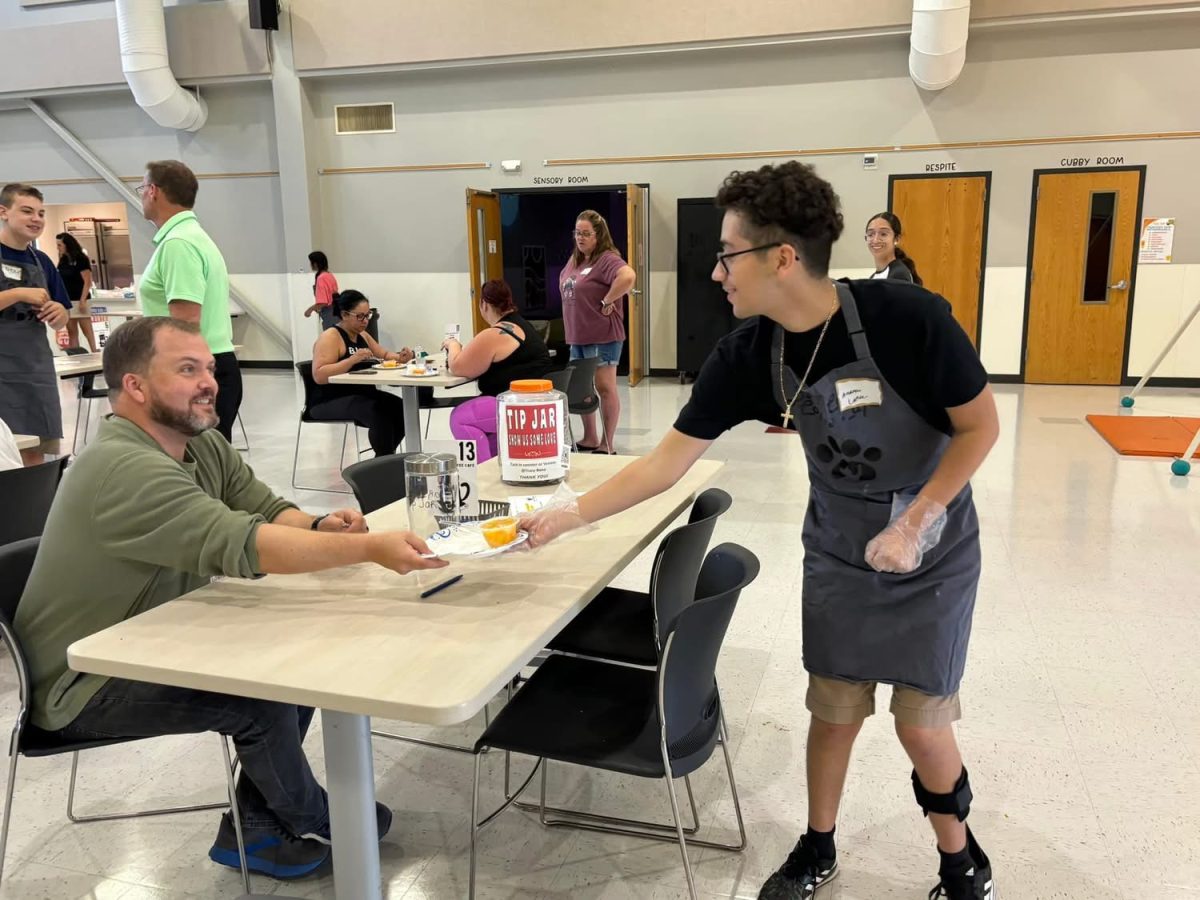
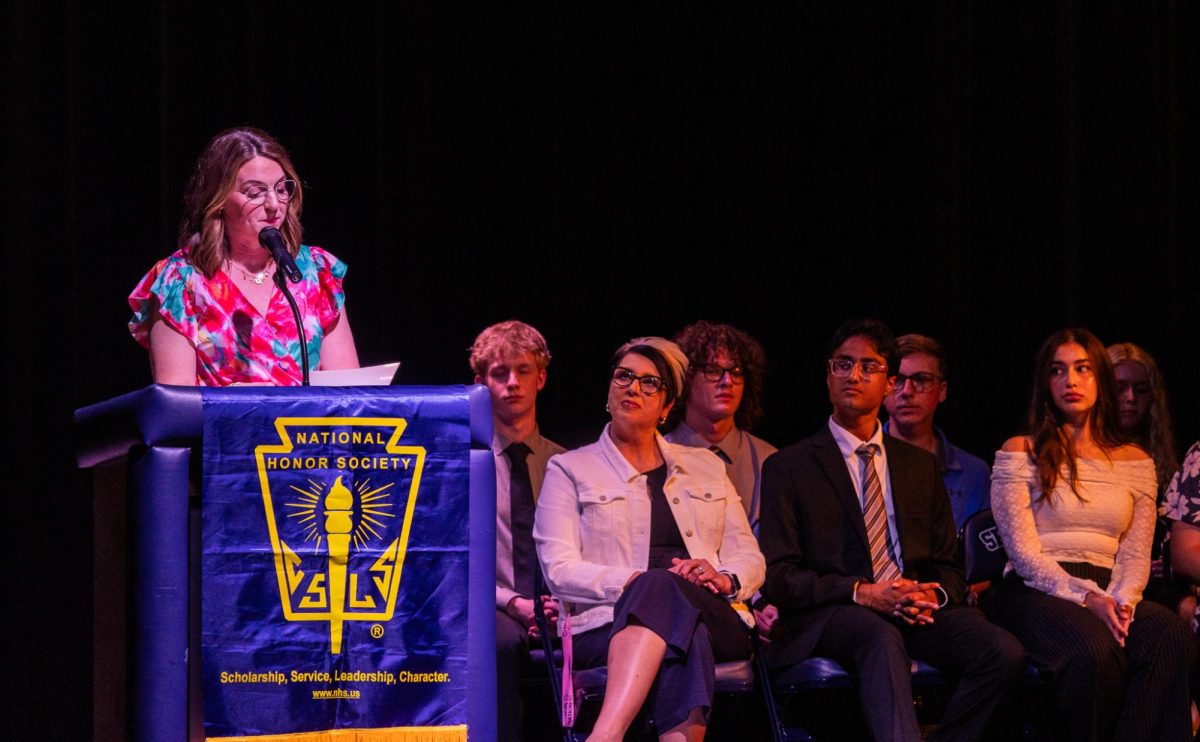
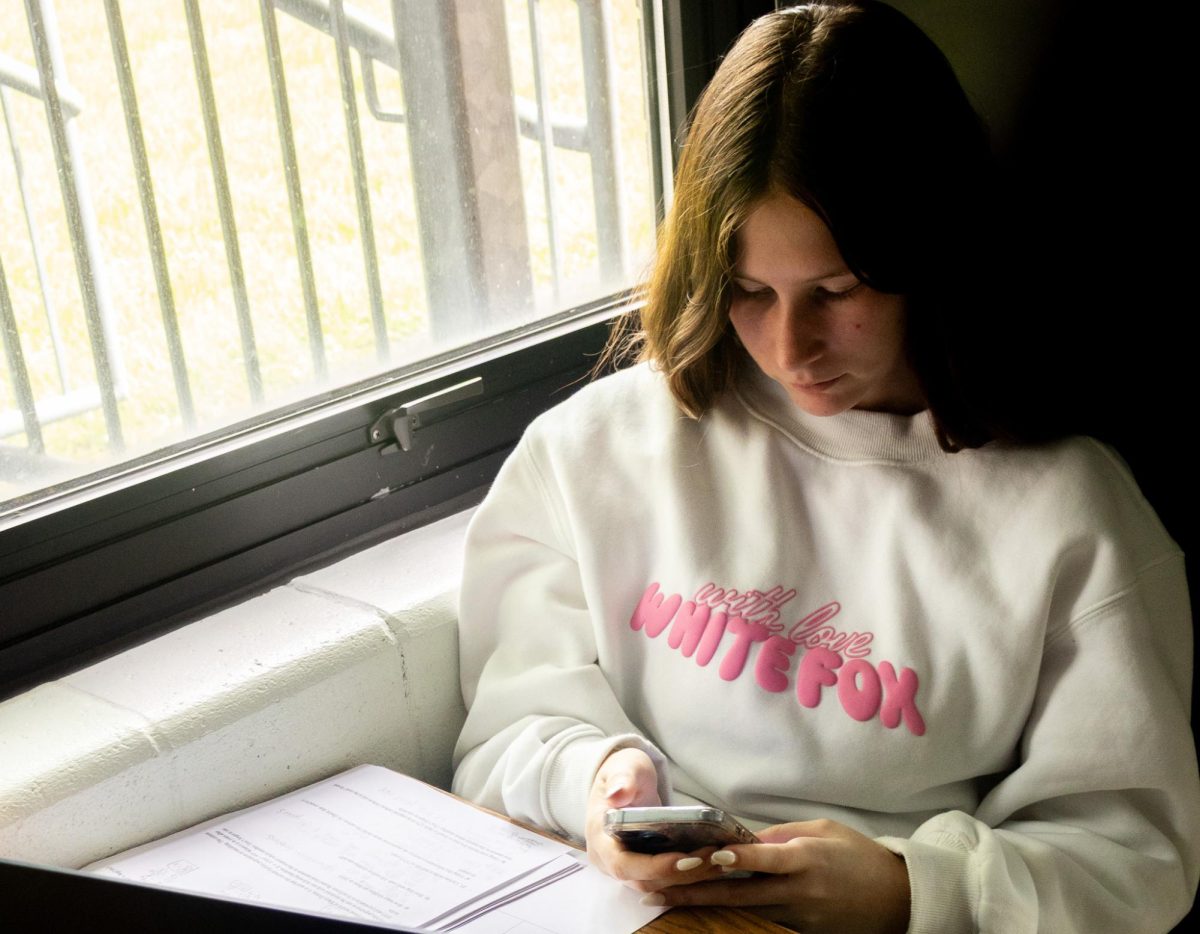
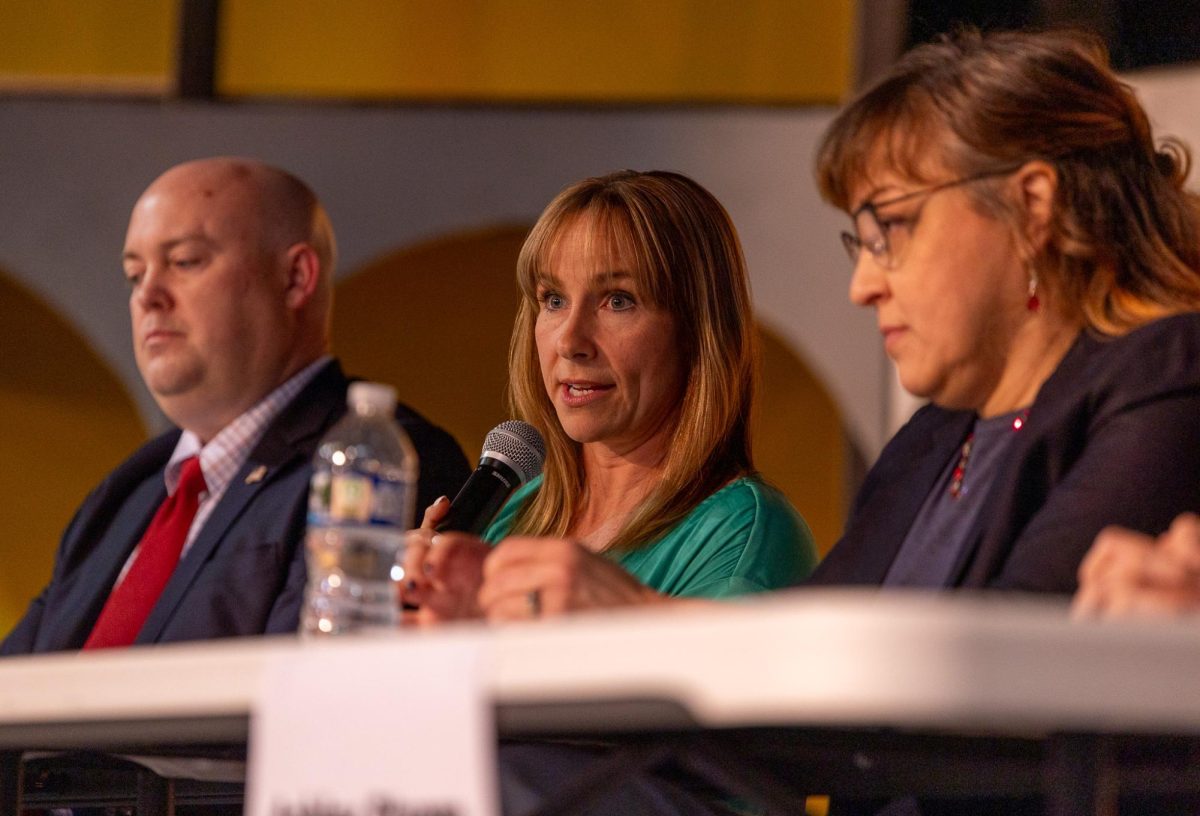
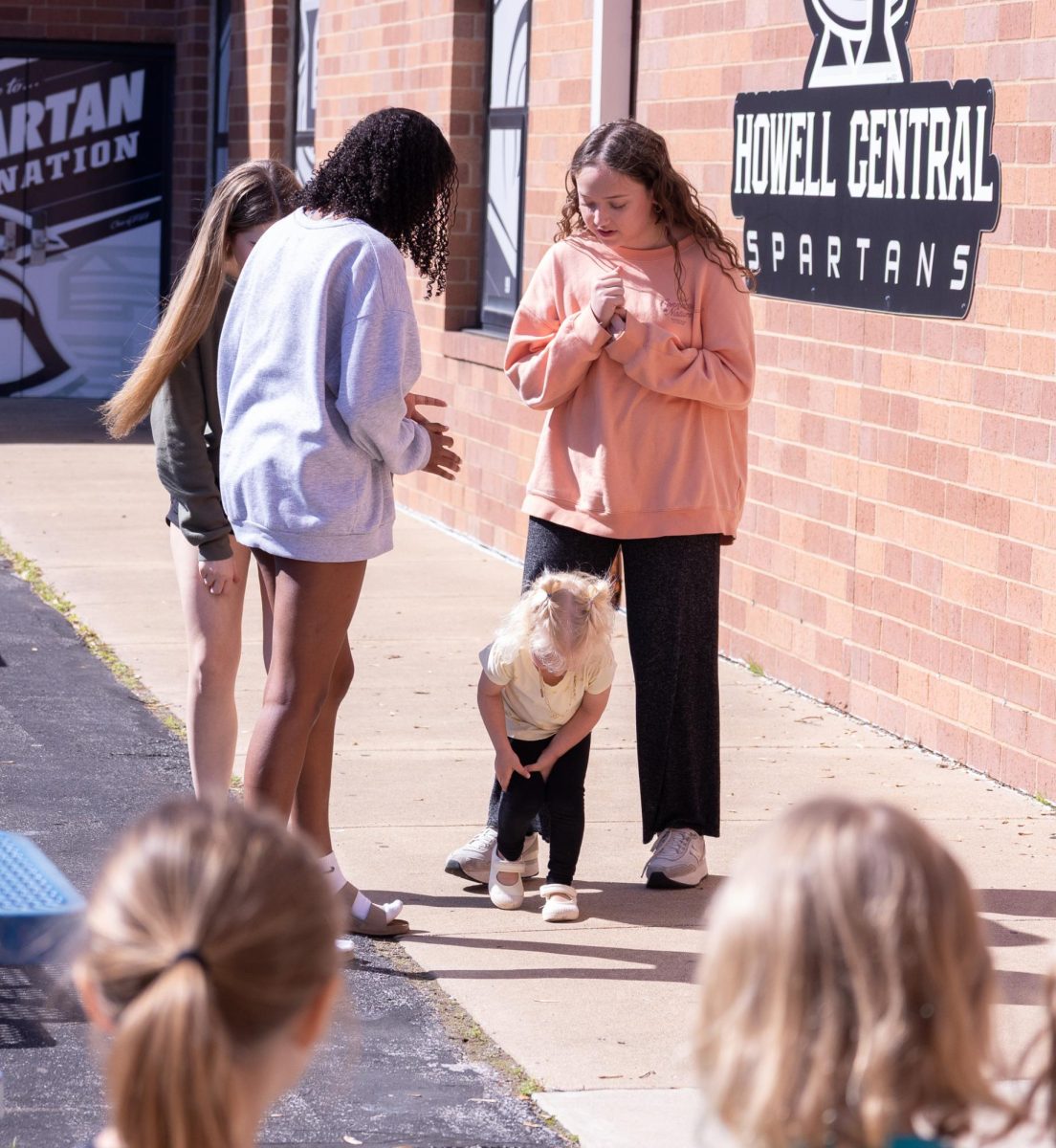

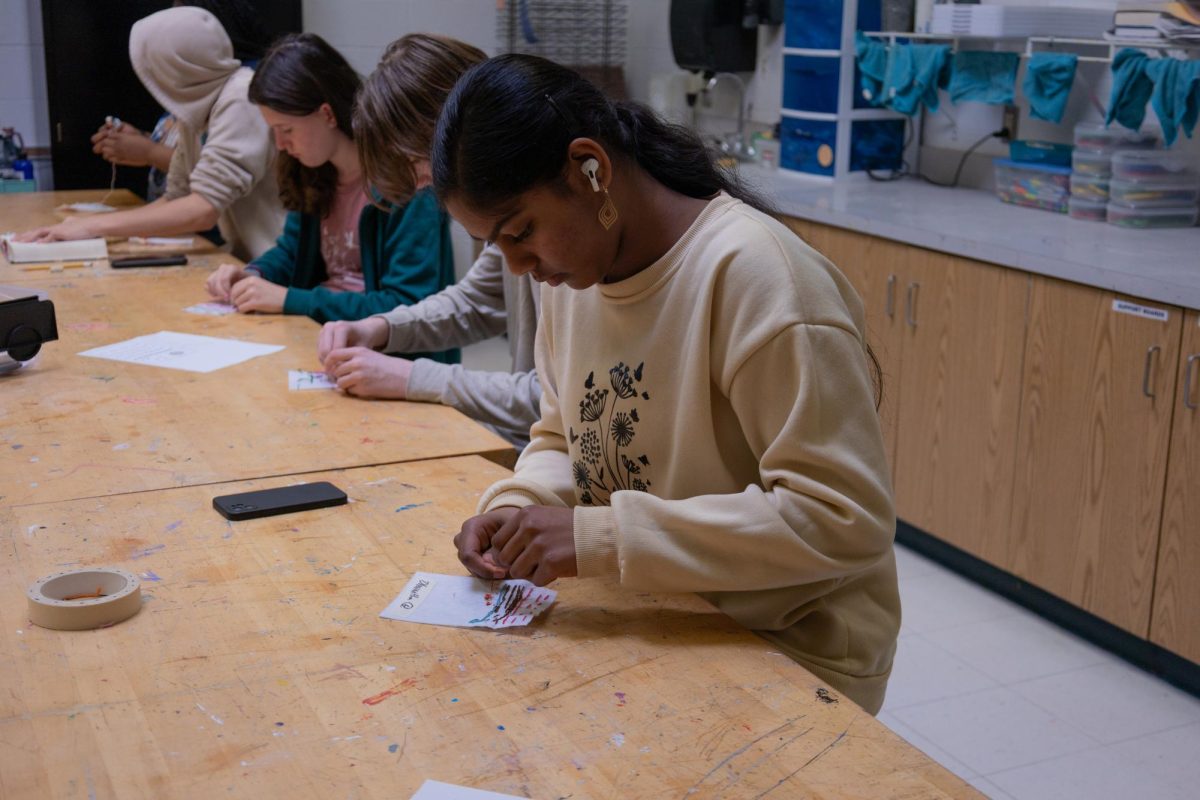
Janice Crowe • Feb 10, 2025 at 8:46 pm
What a wonderful article! I am so happy that Andrew is doing so well. Everyone has a special gift to share with others. It is up to us to help each other uncover and nurture that gift! Cusps to the Black Cat Coffee Cafe for showing us how to make a difference!
Sincerely,
Janice Crowe
Retired after 44 years helping students with learning differences to achieve success!